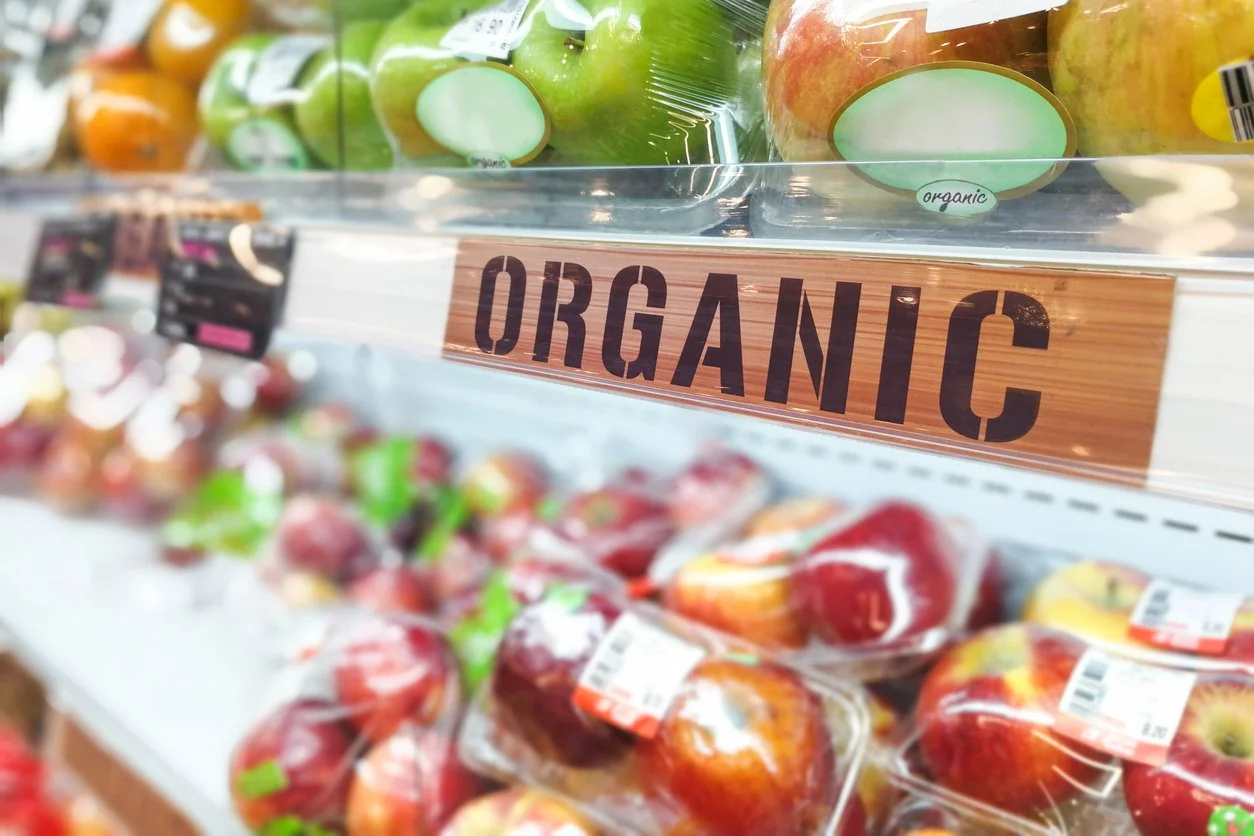Is Buying Organic Worth It? What Science and Experience Say
You’ve probably stood in the produce aisle, staring at two apples, one labeled “organic” and the other not, and wondered: Is the higher price actually worth it? The debate has been ongoing for a long time, with studies yielding conflicting results. But recent research is shifting the argument, and I think it’s one worth paying attention to.
What Sets Organic Apart
At its core, organic farming avoids synthetic pesticides, artificial fertilizers, GMOs, and the routine use of antibiotics or growth hormones in animals. Conventional farms often rely on these tools to maximize the yield, size, and appearance of crops and livestock.
Because of that, even though the term “organic” doesn’t guarantee perfection, it does set a stricter standard for what you are choosing to put in (and on) your body and the planet.
A High School Experiment That Caught My Eye
One of the more compelling pieces of evidence comes from a high school science project led by Ria Chhabra in collaboration with Southern Methodist University, published in PLoS ONE.
Organically Grown Food Provides Health Benefits to Drosophila melanogaster (PLoS ONE)
Here’s what they did:
They raised fruit flies on diets made from organic versus conventionally grown produce such as bananas, potatoes, raisins, and soy.
They ran tests measuring longevity, fertility, stress resistance, and general health.
The results showed that flies on organic-based diets had better fertility, longer lives, and greater stress resistance in most cases.
This doesn’t prove the same effects happen in humans, but it’s a fascinating piece of the puzzle showing that there are measurable differences in how organisms respond to organic versus conventional diets.
What the Nutrition Studies Say
The evidence in human studies is more mixed. Some report that organic produce contains more antioxidants, vitamin C, and polyphenols. Others find little difference in nutrients when comparing organic and conventional foods overall.
A few patterns do emerge:
Lower pesticide residue. Almost universally, organic produce has far less synthetic pesticide residue, which means lower exposure to those chemicals.
Soil and environmental impacts. Organic farming tends to support healthier soil microbes, less runoff, and better ecosystem balance.
Varying effects by nutrient. The “better” content depends on which vitamin or compound you are looking at. Some studies find higher antioxidant activity in certain organic vegetables.
So yes, in many respects, organic has advantages. But it is not a magic bullet that always guarantees more nutrients.
The Pesticide Drift Reality
Here’s a nuance many people raise: if conventional farms are located right next to organic ones, pesticide drift can spread chemicals into organic fields. It’s real.
That said, the difference is in the amount and exposure. Organic farms aren’t applying synthetic chemicals in the first place, so even with some drift, overall pesticide levels remain significantly lower compared to conventional.
So again, organic isn’t absolute purity. It’s a choice to reduce your chemical burden where you can.
My Approach: Balance Over Perfection
I buy mostly organic food because that’s what feels right for me. Sometimes traveling makes it more difficult, but I still do my best to make good choices wherever I am. Progress over perfection.
What Do You Do?
Does the cost feel worth it? Do you go all in or pick and choose items to buy organic? I’d love to hear how you manage this in your life, whether it’s full organic, hybrid, or something in between.

